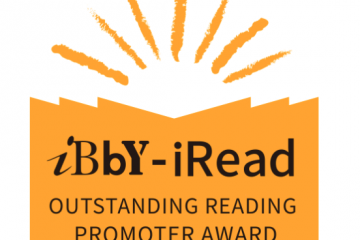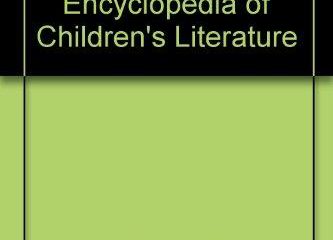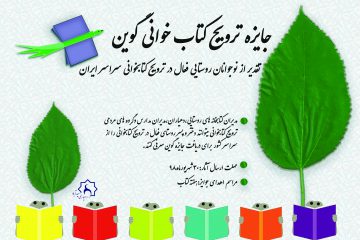Last weekend, I went to east of Iran. I was to hold a workshop for some cultural and city managers, namely mayors and council chairmen of Neyshabour, Sabzevar and Gonabad, in Mashhad, the capital of Razavi-Khorasan Province. The subject was how to run cultural places in those cities.
I also grasped the opportunity to meet children and local reading promoters, and something very interesting happened in Neyshabour, a historical city where two acclaimed Persian poets, Omar Khayyam and Attar are buried. One morning, I had a meeting with a group of teachers who aid local book reading clubs, but due to mishandling, thirty children were also invited for a book signing event and a friendly talk. Teachers agreed to put children in priority. I asked them about their favorite books and got fabulous answers. Some of them preferred humor best-sellers, the others liked recent adaptions of Shahnameh, a long epic poem written by the Persian poet Ferdows. Soon, I realized it would have been a better talk, if teachers had joined us. So, I asked them to attend.

Elementary school pupils had read two stories of Shahnameh: ‘Rostam and Sohrab’, the tragic story of Rostam, the greatest of the Persian heroes, who accidentally killed his son, Sohrab; and ‘Rostam’s Seven Labours’, a series of acts carried out by Rostam to finally overthrow and kill Div-e-Sepid (the White Demon).
I was really surprised at hearing those children had read and liked Rostam and Sohrab tragedy since it was really unusual for children to like such a plot. So I asked them if they were sure about it and if they weren’t scared of its happenings. Instead of answering directly, they referred to some horror movies and stories they had watched and read. I repeated my question more explicitly.
“No. Shahnameh’s stories are fantastic. Is there anything like a dragon or a demon in real life?” was their answer.
“So, when you know they are not real and all the creatures are fantastic, what is the point of reading them?” I asked.
“Because it’s fun!”
It was strange that all of them had the same answer. I thought that it could be a kind of reaction to their parents’ panic over watching or reading horrors.
“What would you have done, if you were Rostam?” I asked. It was then when disagreements arose. Some of them agreed with what Rostam did, giving that he had never met his son before. But the others thought differently.
“I’d introduce myself so as to skip fighting if he was Sohrab.”
“Whatever. I wouldn’t do that.”
“I’d kiss him as soon as I saw him.”
They were seriously discussing the matter and I tried so hard not to interfere and let them express their opinions freely.

After signing my books, I continued the discussion with teachers. We talked about how to dialogue with children and what roles literature played in facilitating it. Based on recent studies, I argued that as the new generation had access to numerous sources and information thanks to the internet, they sometimes knew much more than their teachers. Then I discussed the problem of different moral values in families and formal education, which has seriously confused children. We talked about how to handle the situation and navigate children through it. “Teachers are both the representatives of the formal values and their own personal ones, which may partly overlap each other.” I said. “Such overlaps would act as mortar used in building for holding bricks together and prevent the society from polarization.”
“Undermining teachers’ knowledge authority adds to the problem.” I continued. “While it is the new order that regulates the relations, parents and the education system expect teachers to be as powerful as before. They must consider that children are now more involved in decision-making process whether in their families or in society. We should review our definition of being a teacher and accept the dramatic decline in our authority over children. It can be a starting point to deal with the situation. Teachers should forget all about their absolute power and sit at the same level as their pupils. Instead of that old picture of ‘know-it-all’, teachers should now follow the methods of interactive education, feeling free to learn from their pupil as much as they do. The key to success is making dialogue, and in doing so, listening is the most important part. Teachers must encourage their pupils to make dialogue and learn from it.”
Then I referred again to the essential role of literature. According to the book clubs’ experience, I knew that although reading picture books would take less than fifteen minutes, it would make a perfect opportunity to talk.
I really enjoyed the discussion especially because of the frank conversation with teachers. Starting the talk with children made it way easier to have a fruitful discussion with teachers.


